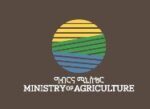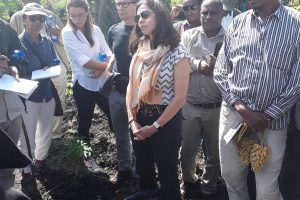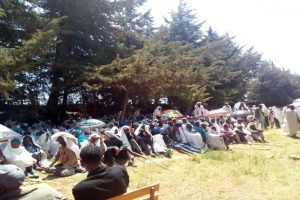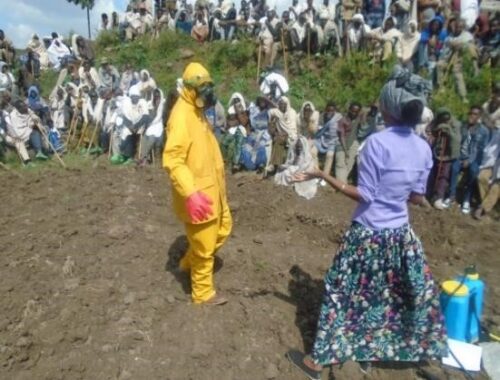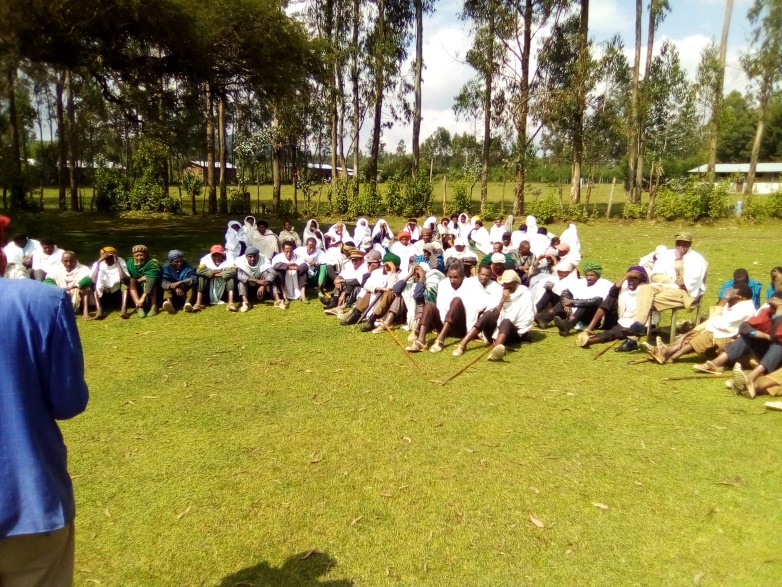
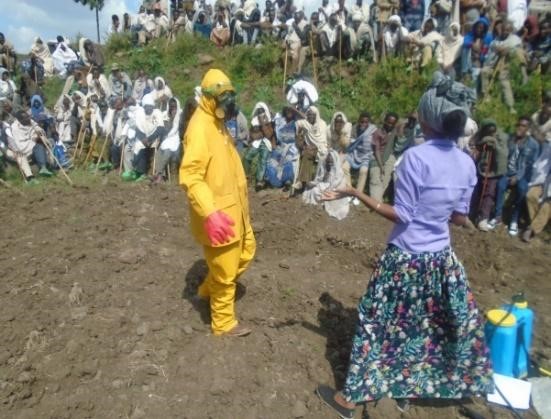
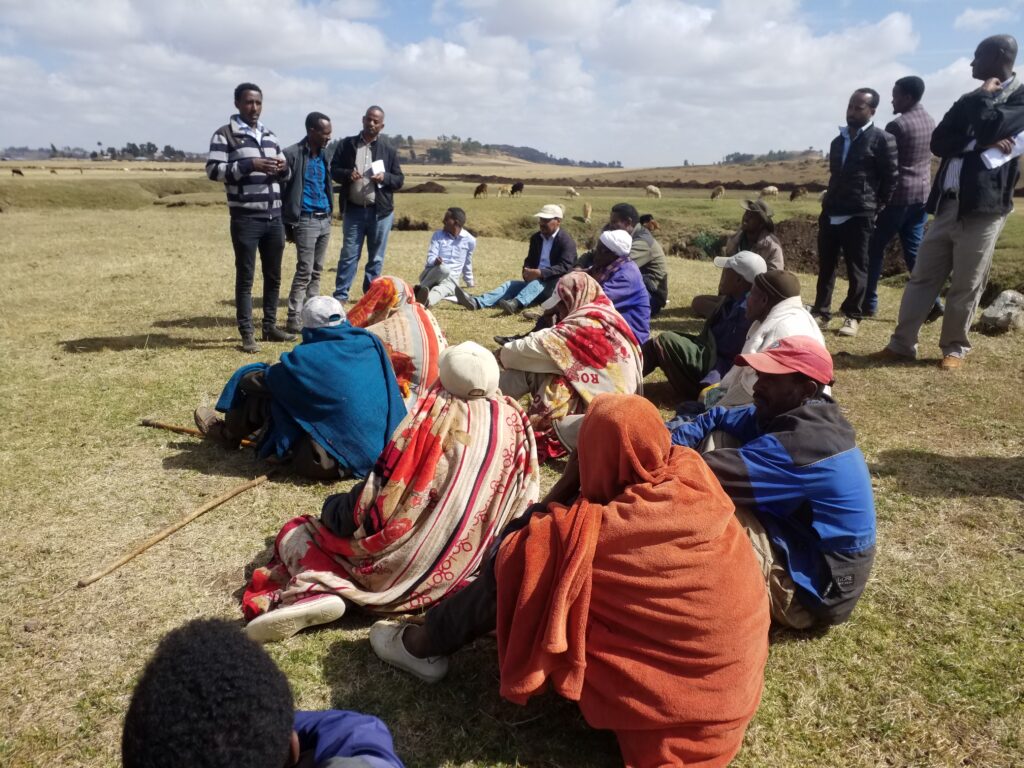
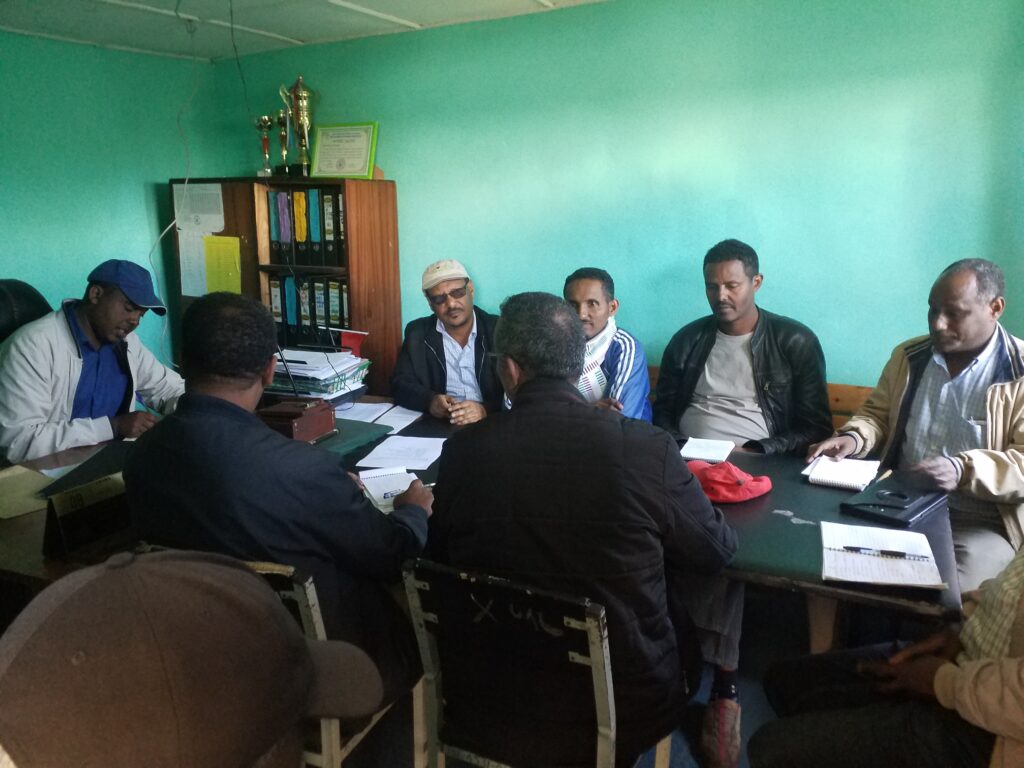
Design & Study Sample Documents
Amhara
Oromia
SNNPR
Tigray
Environmental & Social Safeguard
SECAP
PASIDP-II has been assigned a Category A classification according to IFAD’s Social, Environmental, and Climate Assessment Procedures (SECAP). Although the majority of the proposed interventions, including irrigation schemes, are expected to have limited, site-specific, and manageable environmental and social risks, since the exact sites and interventions are not known at this stage, an Environmental and Social Management Framework is required to be developed for the Programme to guide the preparation of environmental and social impact assessments (ESIAs) and environmental and social management plans (ESMPs). The ESMF is prepared and approved in May 2016 to facilitate the application of SECAP requirements to PASIDP-II interventions to address the social, environmental, and climate impacts associated with PASIDP-II design and implementation.
Achievements
Community Sensitization,Consultation & Participation
Different community sensitization sessions were conducted with small-scale irrigation scheme beneficiaries. It was realized that community sensitization was the key element for stakeholder engagement and is essential for the successful management of a programme’s environmental and social impacts. Besides, public consultation and participation in planning and construction were also made in the new and ongoing construction schemes. It was planned to conduct public consultations and participation in FPIC, RAP, etc. at federal and regional levels. To date, 30 people at the federal level and 2104 people at the regional level participated. Due to this consultation, partners have well understood the programme’s Social, Environment, and Climate Assessment Procedures (SECAP) and come on board and are trying to plan and monitor implementation progress jointly at all levels. Regarding the farmers’ consultation and participation, 85,183 farmers were consulted and participated in schemes study and design, construction, and agriculture development (28,304 community members were consulted and participated during study and design, 43,709 during construction, and 13,170 in agricultural development).
Read More
This community consultation and participation were a great opportunity for the programme to have a participatory and inclusive plan and let farmers have a better understanding of the programme’s overall goal and their contribution to the activities implementation.
ESIA Document Review & Approval
Concerning the Environmental and Social Impact assessment document review, schemes studied under PASIDEP I and II are reviewed and some of these schemes document quality is assured by independent consultants. In this case, ESIA document review, field appraisal, and approval by the accredited organization is conducted for 154 SSI schemes. This result includes those documents that came from PASIDP I and qualified as per the PASIDP II SECAP quality standards. After familiarization of the PASIDP II SECAP for stakeholders and partners at all levels, and TOT training delivered for technical experts and serious review of the study and design documents, the quality of ESIA and ESMP documents shown great improvement. But in this part, some parts of the document such as adverse impact rating, environmental flow quantification, and analysis, climate risk identification, and analysis, proper ESMP preparation shown quality problem due to technical capacity limitation.
Personal Protective equipment Demonstration
Farmers who are practicing irrigation agriculture are accustomed to using pesticides by procuring chemicals from the local markets, to control production loss caused by pests and diseases. But, their trend of using Personal Protection Equipment (PPE), proper dosage, appropriate chemicals are very weak. There is also a gap in handling, storage, and management of chemicals and materials used for pest and disease control. An effort has been made to provide training to IWUA members for the proper application and management of these chemicals and 473 PPE materials supplied for IWUAs as a demonstration. As a result, there are better improvements among trained farmers and neighbors through the skills they acquire from practical training.
ESMP Implementation & Mentoring
Based on IFAD’s supervision and support mission’s comment, a dedicated budget is allocated for environmental and social monitoring and management. Based on this, the implementing agency (Water Resource Bureau) and regulatory body Environmetn Forest and climate change commission (EFCCC) have been jointly monitoring social and environmental concerns/impacts. This has created a platform to engage partners and stakeholders to play their roles in their respective responsibilities of the programme. To this end, it was planned to monitor ESMP activities at woreda level for 150 schemes including PASIDP-I schemes which are under agricultural development and to date 116 schemes are monitored and supported by woreda experts, and two round joint monitoring and support was conducted by regional experts (from implementing agencies (IAs) & RPCMU) who are responsible to monitor and support the implementation of ESMP. The monitoring of activities during construction and operation especially by EFCCC and IAs has brought positive results in quality work, solving grievance, and strengthening of IWUA.
Enviromental & Social Safeguards Compliance Audit
For any programme having its own ESMF, an environmental, and social audit should be undertaken by environmental regulatory to capture best practices and identify gaps, and to consider proactive measures for more effective and efficient implementations of the programme forthcoming activities. The social and environmental compliance audit of PASIDP II was conducted by each regional EPLAUA or regulatory body. The auditing task was focused on compliance audit which has been identified stemming from environmental safeguard under the PASIDP II and the overall implementation of the ESMF. For this audit, pertinent environment-related safeguards and working procedures were considered.
The environment and social compliance audit and overall evaluation were made for 66 sample small scale irrigation schemes in four programme regions vis-a-vis the safeguard tools and the GoE environmental protection policy and legal framework, taking into account the agreed ESMF environment requirements. The main gaps identified at the compliance audit are lacking identifying possible adverse environmental and social impacts (technical capacity), gaps in impact rating, ESMP preparation, and implementation of the planned environmental and social management plans by implementing partners. Besides, the climate risk analysis part during ESIA document preparation was very weak. The identified impacts are shared for respective implementing agencies for future improvement.
